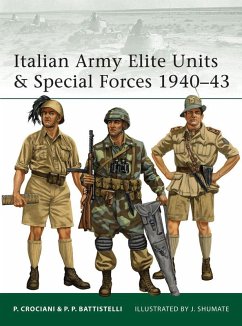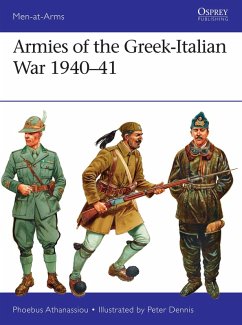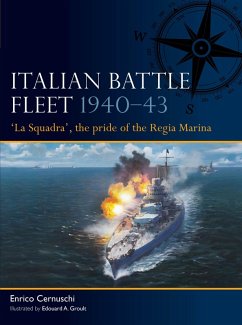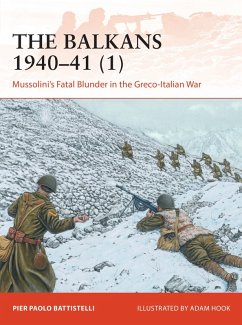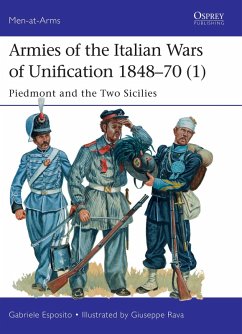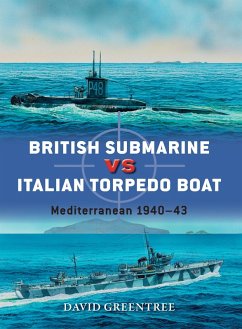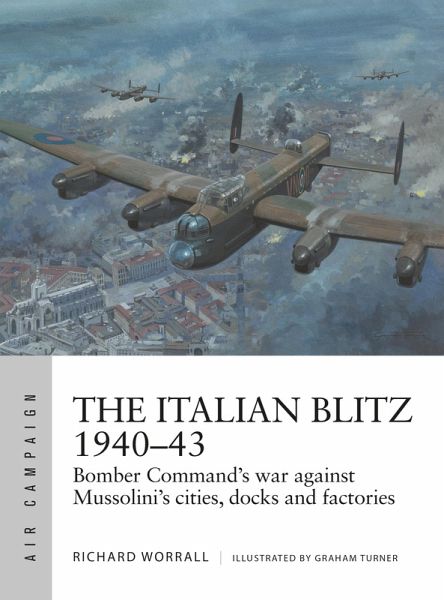
The Italian Blitz 1940-43 (eBook, ePUB)
Bomber Command's war against Mussolini's cities, docks and factories
Illustrator: Turner, Graham
Versandkostenfrei!
Sofort per Download lieferbar
11,95 €
inkl. MwSt.
Weitere Ausgaben:

PAYBACK Punkte
6 °P sammeln!
The fascinating story of World War II's forgotten strategic bombing campaign - the RAF's perilous, long-range missions, flying from English bases against the industry, cities and dockyards of Mussolini's Italy. Between June 1940 and August 1943, RAF Bomber Command undertook a little-known strategic bombing campaign in Europe. The target was Mussolini's Italy. This air campaign was a key part of the strategic policy of Britain from 1940 to 1943, which aimed at securing Italy's early surrender. However, it posed unique challenges, not least of which was Italy's natural defences of distance and t...
The fascinating story of World War II's forgotten strategic bombing campaign - the RAF's perilous, long-range missions, flying from English bases against the industry, cities and dockyards of Mussolini's Italy. Between June 1940 and August 1943, RAF Bomber Command undertook a little-known strategic bombing campaign in Europe. The target was Mussolini's Italy. This air campaign was a key part of the strategic policy of Britain from 1940 to 1943, which aimed at securing Italy's early surrender. However, it posed unique challenges, not least of which was Italy's natural defences of distance and the Alps. The bombing campaign against Italy can be divided into a number of phases, with each one having its own specific goals such as affecting Italian war production or hindering the Italian Navy's war in the Mediterranean. However, each also furthered the ultimate aim of forcing Italy's final capitulation, demonstrating that the tactic of area-bombing was not just about the destruction of an enemy's cities, as it could also fulfil wider strategic and political objectives. Indeed, the intensity and frequency of attack was greatly controlled, and the heavy bombing of Italy was only ever sanctioned by Britain's civilian war leaders to achieve both military and political goals. The issue of target-selection was also subject to a similar political restriction; cities and ports like Milan, Turin, Genoa and La Spezia were sanctioned under an official Directive, but other places, such as Verona, Venice, Florence and, above all, Rome, remained off-limits. British strategic and military history expert Dr Richard Worrall explores the political, motivational and strategic challenges of the campaign in full. His thorough analysis and meticulous research is supported by specially commissioned artwork, maps, and contemporary photographs.




